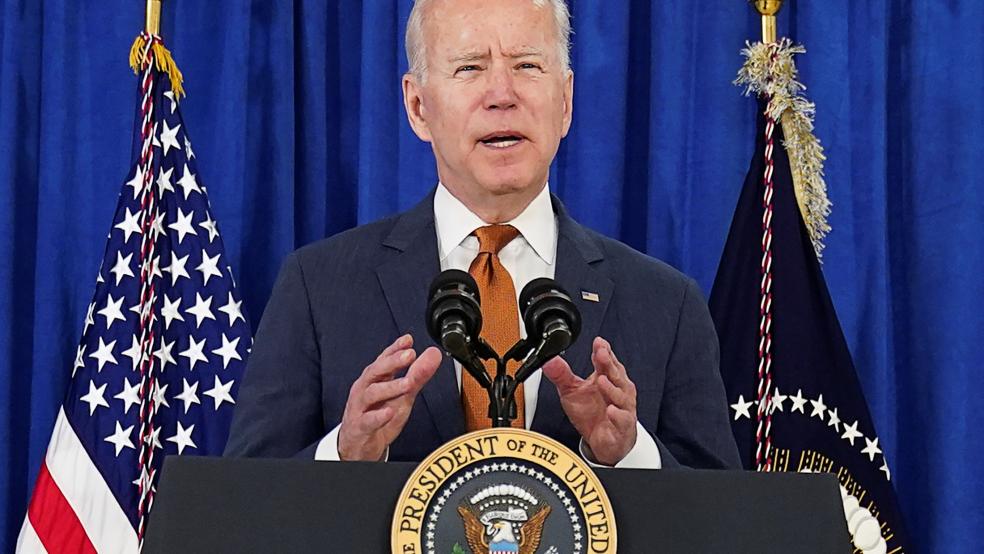The bipartisan infrastructure plan backed by President Joe Biden would modestly increase domestic output and reduce the national debt over the next several decades, according to an analysis from the Penn Wharton Budget Model.
The plan’s $579 billion in new spending over the next five years on things like improving roads, bridges and rail would make private capital more efficient, Wharton economist Jon Huntley told CNBC Wednesday, boosting overall economic growth and thereby boosting tax revenues. The plan also includes more funding for the IRS, empowering the agency to collect more of what is owed, helping to reduce the debt.
“Over time, as the new spending declines, IRS enforcement continues, and revenue grows from higher output, the government debt declines relative to baseline by 0.4 percent and 0.9 percent in 2040 and 2050 respectively,” the Wharton researchers wrote.




